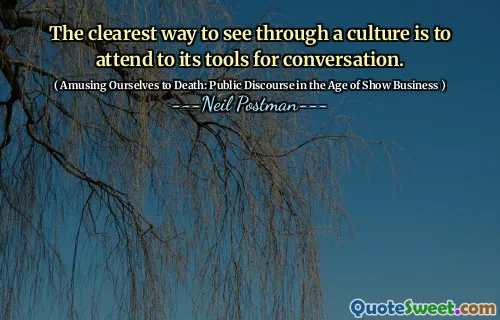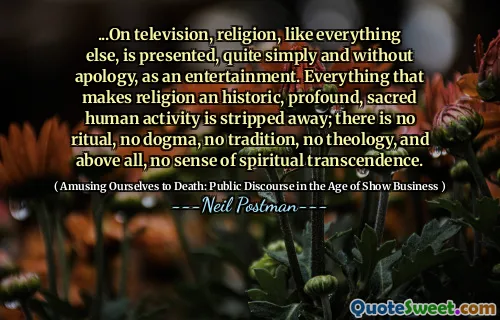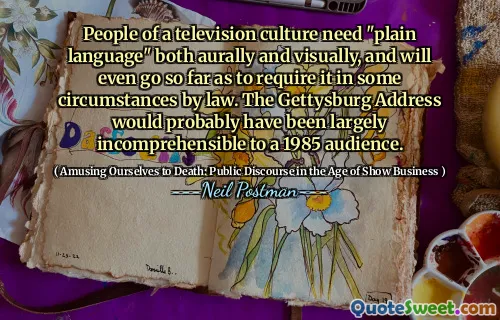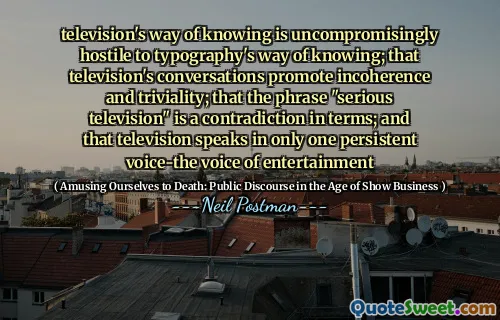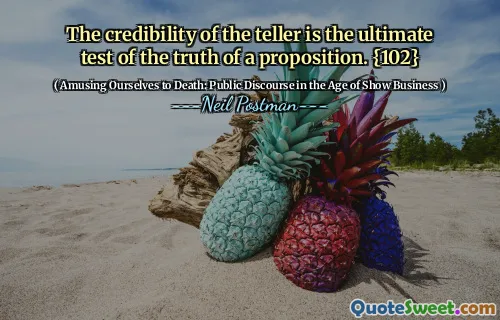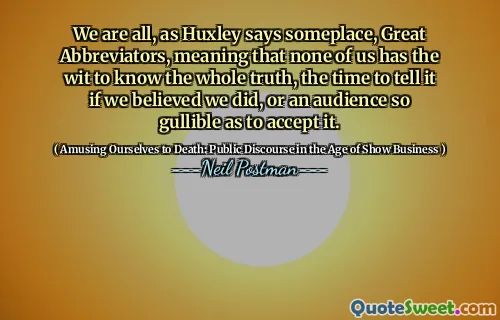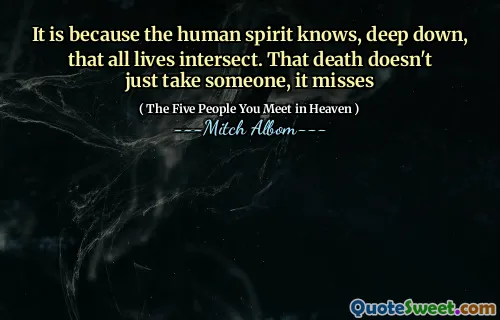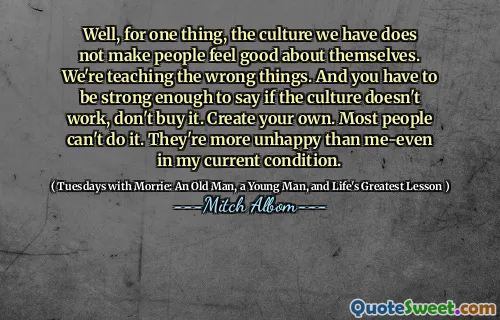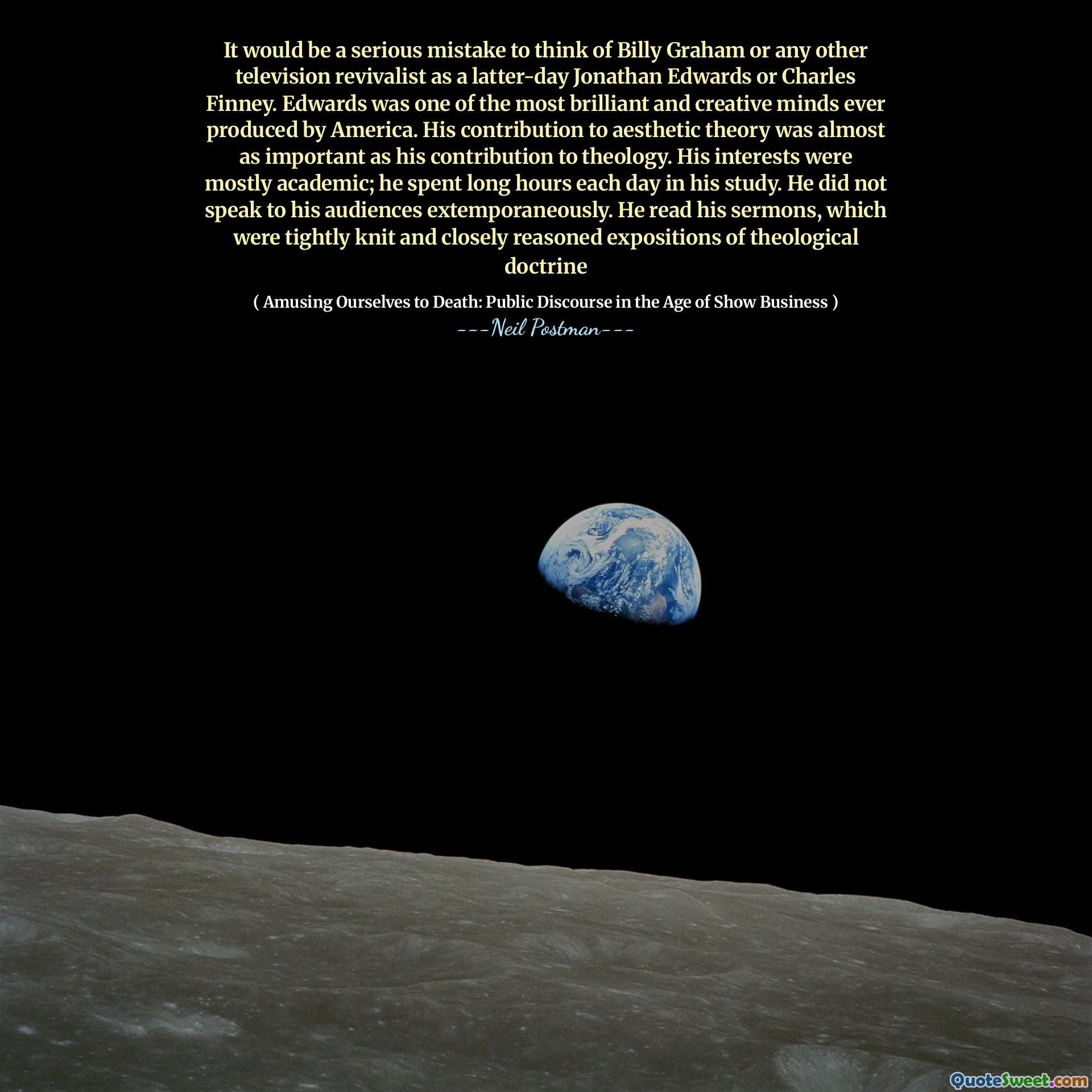
将比利·格雷厄姆(Billy Graham)或任何其他电视复兴主义者视为后来的乔纳森·爱德华兹(Jonathan Edwards)或查尔斯·芬尼(Charles Finney),这将是一个严重的错误。爱德华兹(Edwards)是美国有史以来最聪明,最具创造力的思想之一。他对审美理论的贡献几乎与他对神学的贡献一样重要。他的兴趣大多是学术的。他每天在学习中度过了很长时间。他没有即时与观众交谈。他读了他的讲道,这些讲道紧密地编织,是神学学说的紧密理论的博览会
(It would be a serious mistake to think of Billy Graham or any other television revivalist as a latter-day Jonathan Edwards or Charles Finney. Edwards was one of the most brilliant and creative minds ever produced by America. His contribution to aesthetic theory was almost as important as his contribution to theology. His interests were mostly academic; he spent long hours each day in his study. He did not speak to his audiences extemporaneously. He read his sermons, which were tightly knit and closely reasoned expositions of theological doctrine)
尼尔·邮递员(Neil Postman)认为,将比利·格雷厄姆(Billy Graham)等现代电视复兴主义者与乔纳森·爱德华兹(Jonathan Edwards)或查尔斯·芬尼(Charles Finney)等历史人物等同起来是一个重大错误。爱德华兹(Edwards)被认为是美国最深刻的知识分子之一,不仅是神学家,而且对美学理论做出了重大贡献。他的传教方法是有条不紊的,学术的,通常涉及他从笔记中读到的冗长,精心制作的讲道,而不是即时交付。
邮递员强调,爱德华兹将大量时间用于学术追求和知识研究。这与当代复兴主义者的风格形成鲜明对比,后者通常将娱乐优先于严格的神学话语优先考虑。通过承认这些数字之间的方法和实质差异,Postman强调了公众话语从严肃的神学沉思到以娱乐为中心的模型的演变。
